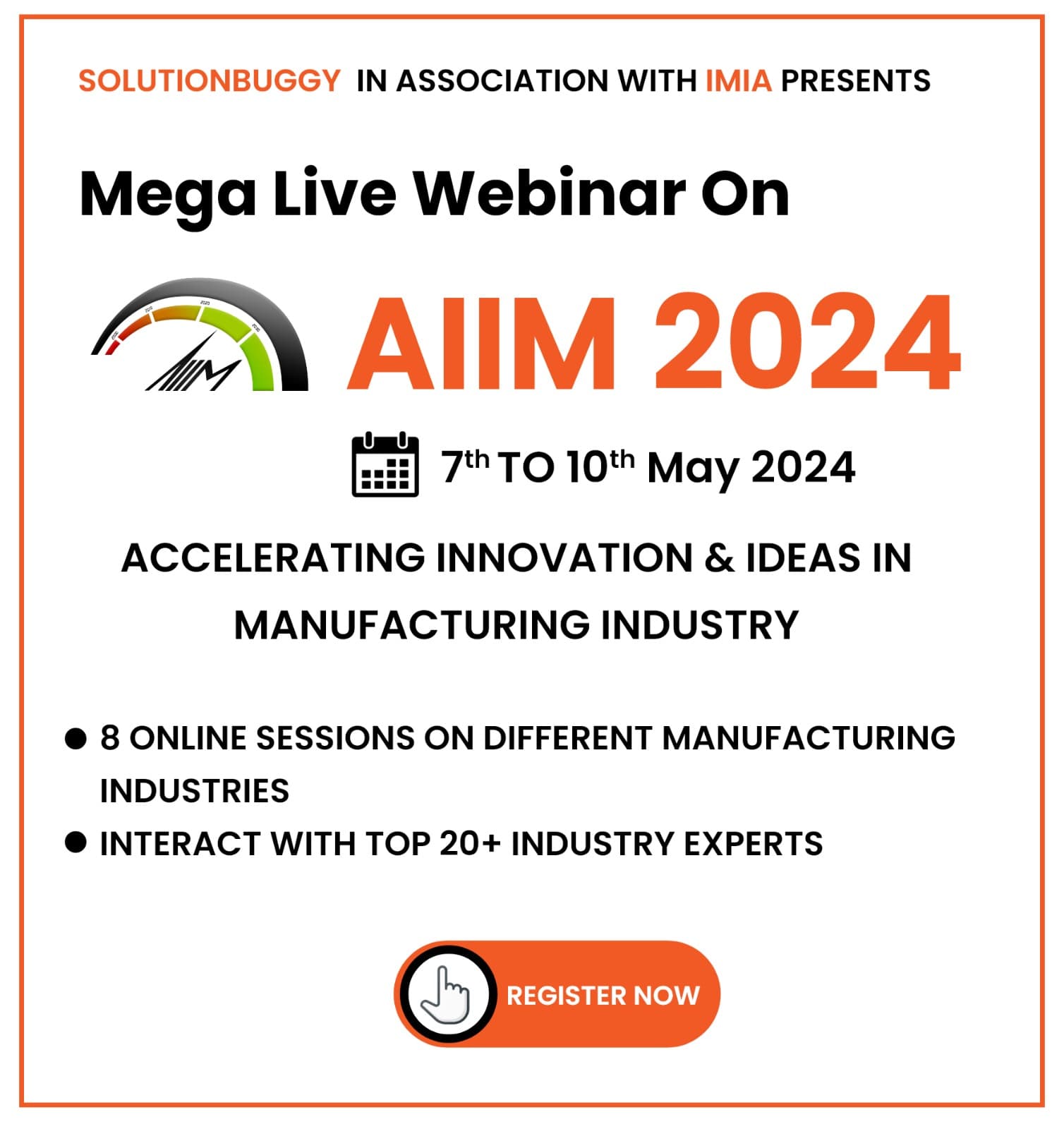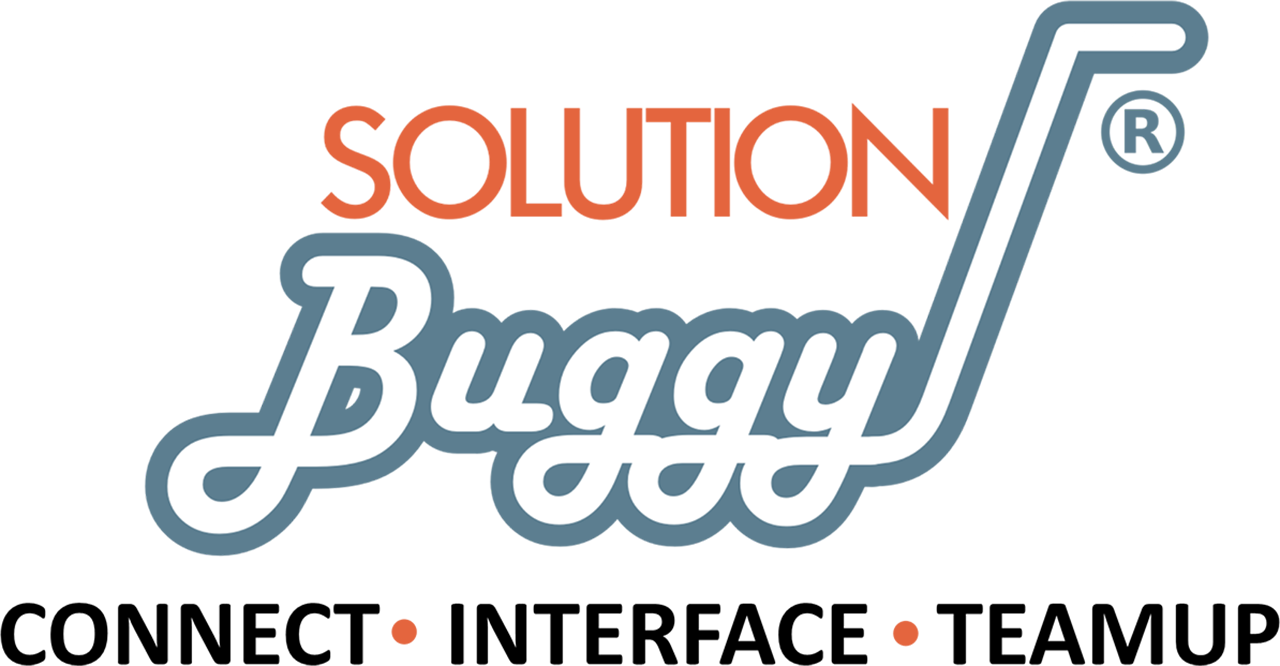Recommendations are given to various practices to guard the health of consumers and patients and also on the quality of food produced. In some countries, it has become mandatory to comply with GMP in all pharmaceutical manufacturing and food processing.
There is no specific instruction in GMP guidelines on how to manufacture a product. During manufacturing, there are a series of general principles that must be observed. There are many ways in which a company can fulfill GMP requirements by easily setting up a quality program. It is the responsibility of the company to determine the most effective and efficient quality process.
The product has a good quality and to ensure the product quality GMP plays an essential part. To show consistency with specifications the manufacturing processes must be fully documented and evaluated to determine the efficiency. Investigation and validation can be done to have an impact on the quality of the drug.
All the instructions must be written clearly as per good documentation practices. Training should be given and proper documentation of the actions of the operators should be maintained. Records must be kept manually or by automated testing during manufacturing to demonstrate all needed manufacturing procedures are carried out efficiently and the quality of the final product is received as expected.
Complete records of the distribution and manufacturing chain must be maintained and batches of products must be traceable to every step or location to ensure accountability. The process of distribution should also reduce the risk of damaging the quality. A comprehensive system should be in place for rapidly recalling a product from sale and supply. Feedback given by customers is important and complaints must be fully investigated. Appropriate steps should be taken to prevent occurrences of a defect in the future.



